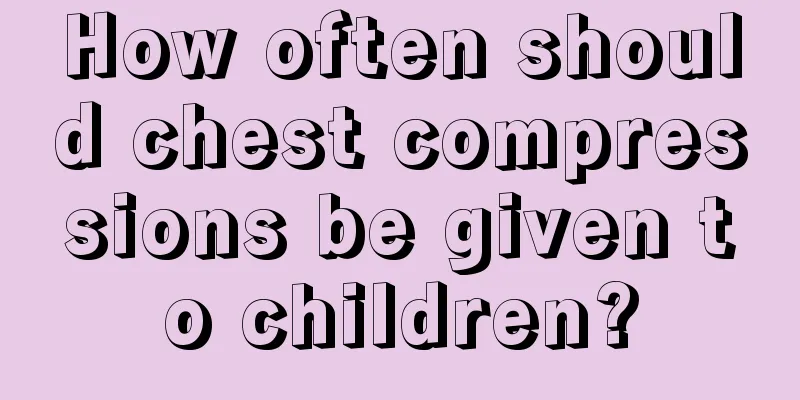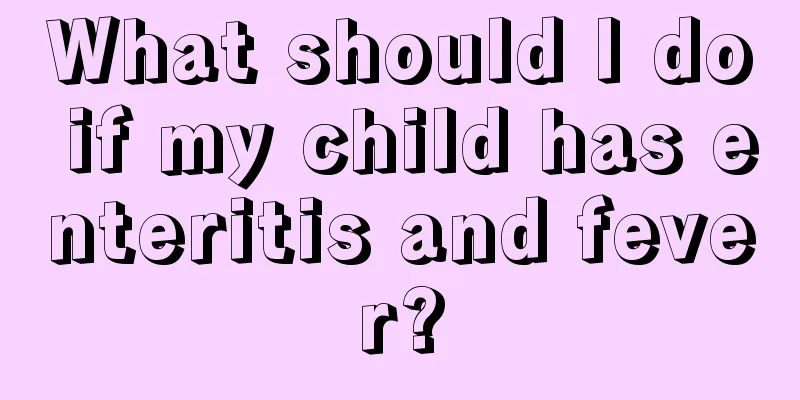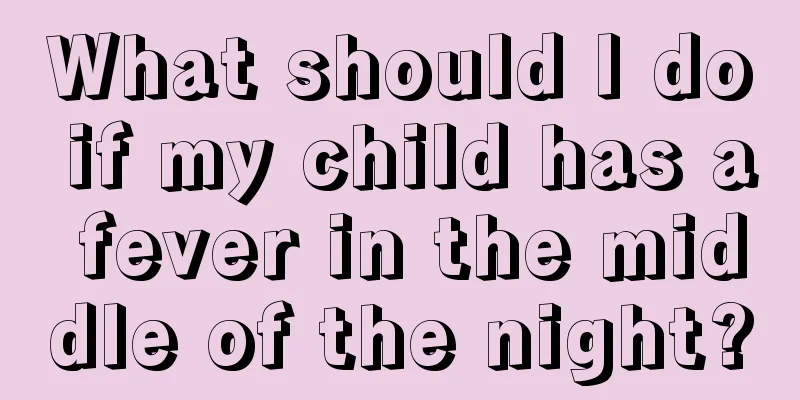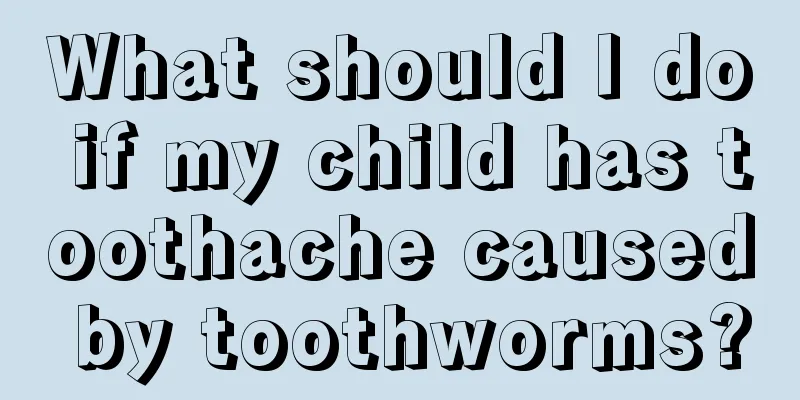What should I do if my child has swollen tonsils and a severe cough?
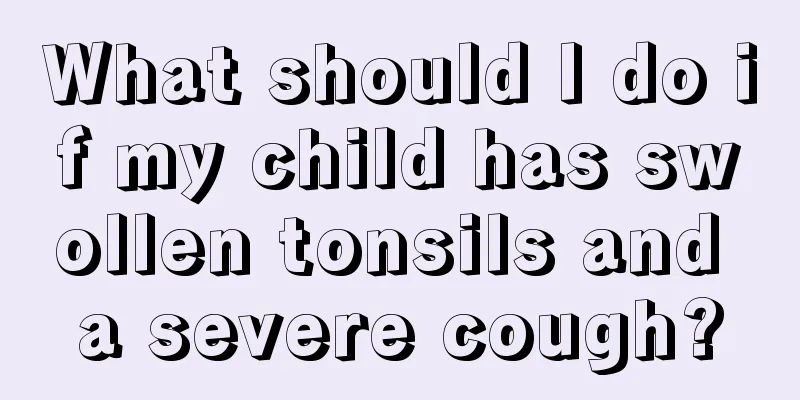
|
When the weather changes from hot to cold during the season change, children's resistance may decrease due to climate change, and they may catch a cold, which is very uncomfortable. Their tonsils may also become swollen, inflamed, and they may cough. When children have tonsillitis, they may cough severely. What should we do if children have swollen tonsils and severe cough? Let's take a look. 1. Go to the hospital in time to check the cause and treat the symptomsAlthough tonsillitis and cough are common diseases in children, they should not be ignored. Children should go to the hospital for examination in time to see whether it is a viral infection or caused by bacteria. Only in this way can reasonable treatment be carried out according to the cause of the disease. Never give your child medication at home. Based on experience, medication will often prolong the condition and miss the best treatment time for the child. 2. Pay close attention to whether your child has a fever Generally, tonsillitis in children will cause fever. Parents should always pay attention to their children's condition and measure their body temperature. If the child's temperature is between 37.5 degrees and 38.5 degrees, physical cooling can be performed, such as wiping the child's forehead with a warm towel. No oral antipyretic drugs are needed. If the temperature is higher than 38.5 degrees, some oral antipyretic drugs should be taken, and records of body temperature should be kept. If any abnormalities are found, seek medical attention in time.
When children have tonsillitis and cough, they must be prevented from eating raw or cold food, drinking cold drinks, eating ice cream, etc., and they should not eat spicy or irritating foods. These foods will aggravate the child's condition. It is best to drink more boiled water to replenish the body's water, eat light food, and eat more fresh vegetables and fruits to supplement vitamins. 4. Keep warm and avoid colds If a child has a weak constitution and poor immunity, you should pay attention to keeping the child warm and add or remove clothes in time according to the climate and weather conditions. Especially in spring, the transition between autumn and winter, and when the climate is abnormal, you should prevent the child from catching a cold, because tonsillitis is most likely to recur and is difficult to eradicate, so prevention is still the main focus. 5. Pay attention to exercise, increase nutrition and improve immunity If children often suffer from tonsillitis and cough, they are generally weak in constitution. They should pay attention to strengthening nutrition and participating in physical exercise to improve their immunity. They can also go to the hospital to inject globulin to enhance immunity, reduce the occurrence of diseases and play a preventive role.
If children have tonsillitis and cough, they can eat some medicinal foods to relieve some symptoms, such as: rock sugar and snow pears, olives with rock sugar, etc. These foods can moisten the lungs and relieve coughs, but you must pay attention to the cause of the cough, whether it is cold or hot. To help your child breathe more easily, you can place a humidifier or a mist vaporizer in your child's room, which can relieve your child's symptoms. 7. Pay close attention to the condition and provide thoughtful care Although tonsillitis and cough are common diseases in children, we should not take it lightly. We should always pay attention to the development of the child's condition. There are many reasons for coughing, and it may also be a respiratory disease. When caring for the child, you can let the child rinse his mouth with light salt water to disinfect and maintain oral hygiene. If the child's cough does not improve after a period of treatment, go to a large hospital for examination and treatment, and do not wait in the clinic. |
<<: 9-year-old girl has a lump on her chest
>>: Symptoms of Chlamydia infection in children
Recommend
How many months is it best to wean your baby?
Weaning is a process that our baby must go throug...
Symptoms of teething in babies
When I have nothing to do, I will invite three or...
Why does my child’s genitals itch?
Don’t think that only adults will suffer from gen...
Why do children use dipyridamole?
The life expectancy of ancient people was much sh...
What is the reason why children talk in their sleep at night?
For younger children, it is crucial to have a goo...
What to do if your newborn's butt is red and rotten
The skin of newborn babies is very delicate. Sinc...
Do children need to be hospitalized for circumcision?
Many parents are more concerned about whether the...
What causes bad breath in a three-year-old child?
In life, some parents find that their babies also...
What to do if your child has a cold or bacterial infection
There are two types of colds in children. One is ...
What is the height and weight of a six-year-old child?
We all know that the standards of children's ...
What to do if your two-month-old baby has a stuffy nose but no runny nose
If a two-month-old baby has a stuffy nose but no ...
What should I do if my child chokes on water while swimming?
Today's parents hope to cultivate a variety o...
What are the signs of baby's umbilical cord falling off?
Many babies have some residue left after their um...
The 10 gifts that children want most, none of them are material
The gifts that parents want to give their childre...
What are the complications of neonatal rhinitis?
Newborns are relatively fragile, so they are part...

